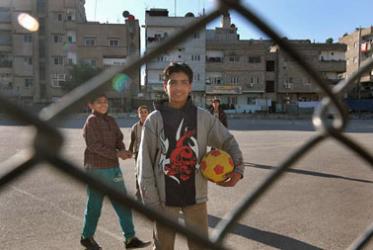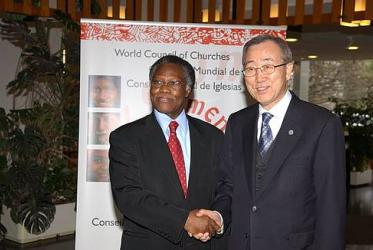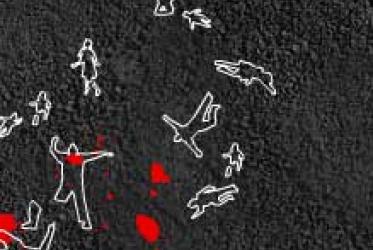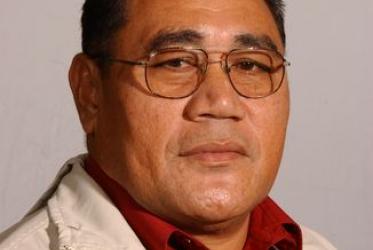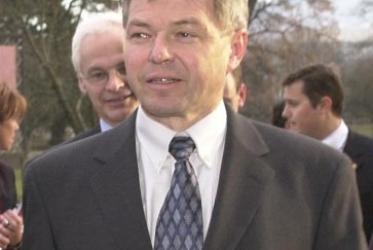Displaying 781 - 800 of 803
18 December 2008
Migrants, too, have human rights
01 December 2008
Church advocacy in action at the United Nations
25 November 2008
Sri Lanka's "forgotten war": a call for global church advocacy
20 November 2008
WCC prepares for UN Advocacy Week
12 November 2008
Sri Lankan churches face challenges amid raging war
22 October 2008
WCC calls for UN fact finding mission to Papua
17 March 2008
WCC statements address climate change, other topics
20 February 2008
Church statements should have roots in scripture
19 February 2008

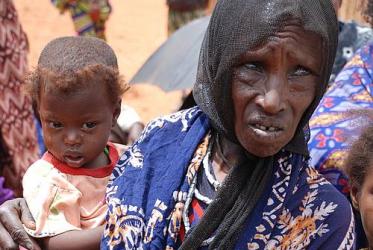
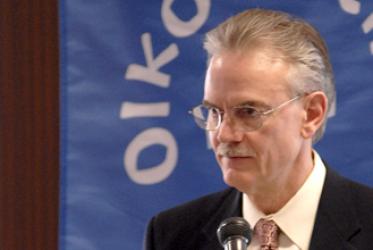

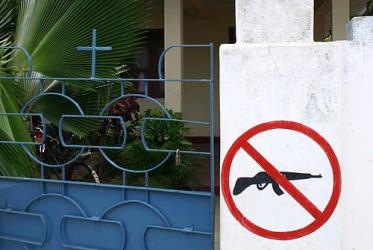

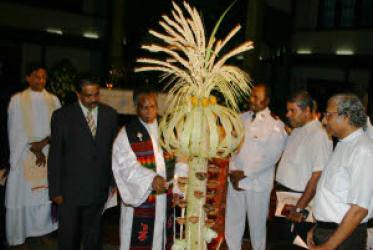

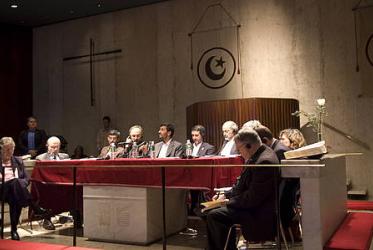

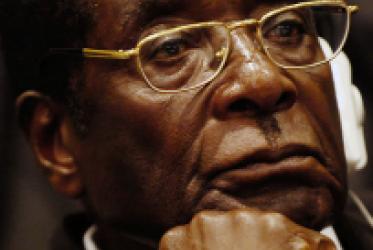

!["All Iraqis are trying to leave," Clara - a young woman working for the Greek Orthodox Patriarchate in Damascus and a refugee herself - told the WCC delegation. "Since one year the United Nations tell us that they will find a solution [for Iraqi refugees in the region], but nothing happens." "All Iraqis are trying to leave," Clara - a young woman working for the Greek Orthodox Patriarchate in Damascus and a refugee herself - told the WCC delegation. "Since one year the United Nations tell us that they will find a solution [for Iraqi refugees in the region], but nothing happens."](/sites/default/files/styles/teaser/public/newsItem/wjV59XHs.jpeg?itok=YIkp9xNl)
